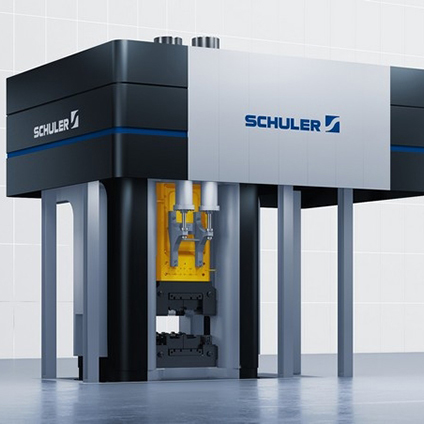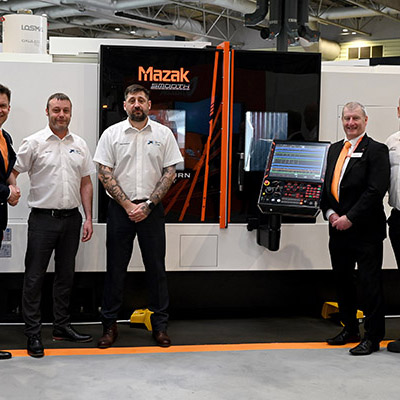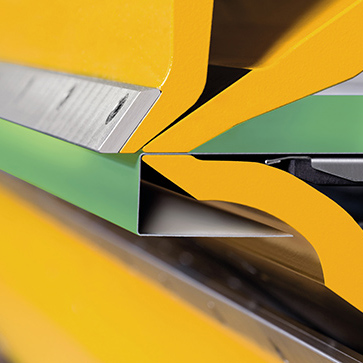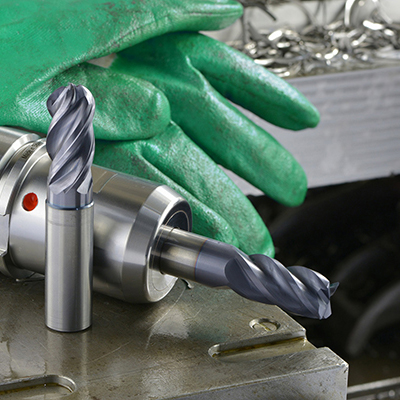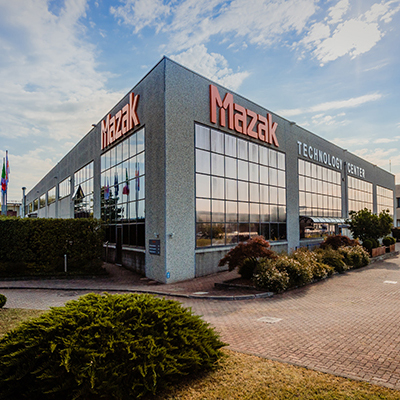
An agricultural equipment manufacturer has ordered a 6400-tonne capacity press with ServoDirect technology and an energy accumulator to replace a 1989 model machine from Müller Weingarten. At its location in the French town of Châteubriant on the Atlantic coast, Kuhn develops and manufactures, among other things, ploughs and sowing machines. From the very start, Kuhn Huard has had an undeniable competitive advantage thanks to its forging and heat treatment know-how. Since 1989, the company has been using a 5400-tonne capacity machine from Müller Weingarten to produce its parts. The time has now come to have it replaced.
“Our objective is to maintain our competitive advantage over the long term,” says the project team at Kuhn, which consists of Nathalie Bessin, Pierre Yves Porcher and Charles Perrier. “This innovative technology will help us retain our leading position in the market.”
The three quickly came to the conclusion that an investment in a new press would pay off. After 18 months of research, Kuhn has now taken a major step and placed an order with Schuler for the 6400-tonne screw press system.
Screw presses have advanced a lot over the past three decades. Instead of the previously used squirrel cage induction drives, Schuler now utilises servomotors, thereby significantly increasing efficiency. In addition, the controllability of the drive – and thus the precision of the press – has seen enhancements. For instance, the closed water cooling system in combination with a new-generation motor optimises the temperature stability of the drive system, independent of the surrounding conditions.
Further included in the scope of delivery is an energy accumulator, which increases the efficiency of the system even more.
Commissioning is scheduled for mid-2023.
For further information
www.schulergroup.com






